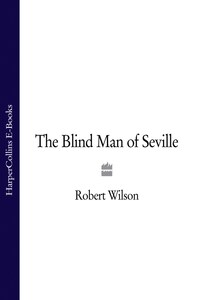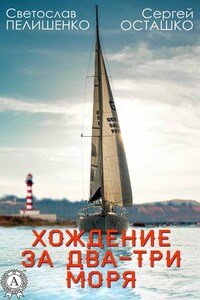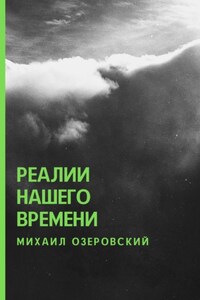Thursday, 12th April 2001, Edificio Presidente, Los Remedios, Seville
It had started the moment he’d walked into that room and had seen that face.
The call had come at 8.15 a.m. just as he was preparing to leave home — one dead body, suspected murder and the address.
Semana Santa. It was only right that there should be at least one murder in Holy Week; not that it would have any effect on the crowds of people following the daily convergence of quivering Holy Virgins on board their floats en route to the cathedral.
He eased his car out of the massive house that had belonged to his father on Calle Bailén. The tyres rattled on the cobbles of the empty, narrow streets. The city, reluctant to wake up at any time of year, was especially silent at this hour during Semana Santa. He entered the square in front of the Museo de Bellas Artes. The whitewashed houses, framed in ochre were silent behind the high palms, the two colossal rubber trees and the tall jacarandas, which had not yet flowered. He opened his window to the morning still fresh from last night’s dew and drove down to the Guadalquivir River and the avenue of trees along the Paseo de Cristóbal Colón. He thought he might be approaching contentment as he passed by the red doors of the Puerta del Príncipe in the baroque façade of the Plaza de Toros, La Maestranza, which was about to see the first bullfights in the week leading up to the Feria de Abril.
This was as close as he got to happiness these days and it held firm as he turned right after the Torre del Oro and, leaving the old part of the city behind, crossed the river, which was misty in the early-morning sunshine. At the Plaza de Cuba he veered away from his regular route to work and headed down Calle de Asunción. Later he would try to recapture these moments because they were the last of what he’d thought, until then, had been a quite satisfactory life.
The new and very young Juez de Guardia, the duty judge, who’d been waiting for him in the pristine, white-marbled entrance hall of Raúl Jiménez’s large and expensive apartment on the sixth floor of the Edificio Presidente, did try to warn him. He remembered that.
‘Prepare yourself, Inspector Jefe,’ he’d said.
‘For what?’ Falcón had asked.
In the embarrassed silence that followed, Inspector Jefe Javier Falcón had minutely scrutinized the surface detail of the Juez de Guardia’s suit, which he decided was either Italian or a leading Spanish designer, someone like Adolfo Dominguez, perhaps. Expensive for a young judge like Esteban Calderón, thirty-six years old and barely a year in the job.
Falcón’s apparent lack of interest decided Calderón that he didn’t want to appear naive in front of the forty-five-year-old Inspector Jefe del Grupo de Homicidios de Sevilla, who’d spent more than twenty years looking at murdered people in Barcelona, Zaragoza, Madrid and now Seville.
‘You’ll see,’ he said, with a nervous shrug of his shoulder.
‘Shall I proceed then?’ asked Falcón, maintaining proper procedure with a judge he’d never worked with before.
Calderón nodded and told him that the Policía Científica had just been let into the building and that he could go ahead with his initial observations of the scene.
Falcón walked down the corridor leading from the entrance hall to Raúl Jiménez’s study thinking about preparing himself without knowing how it was done. He stopped at the door to the living room, frowned. The room was empty. He turned to Calderón who had his back to him now, dictating something to the Secretaria del Juez while the Médico Forense listened in. Falcón looked into the dining room and found that empty, too.
‘Were they moving out?’ he asked.
‘Claro, Inspector Jefe,’ said Calderón, ‘the only furniture left in the apartment is a bed in one of the kids’ rooms and Sr Jiménez’s complete study.’
‘Does that mean Sra Jimenéz is already in the new house with the children?’
‘We’re not sure.’
‘My number two, Inspector Ramírez, should be here in a few minutes. Send him straight through to me.’
Falcón proceeded to the end of the corridor, suddenly conscious of each footstep on the polished parquet flooring in the empty apartment. His eyes were fixed on a hook on the bare wall at the end of the corridor under which was a square lighter than its surrounds, where a picture or mirror had been hanging.
He eased his hands into a pair of surgical gloves, snapped the cuffs against his wrists and flexed his fingers. He turned into the study, looked up from his cloudy latex palms to find Raúl Jimenéz’s terrible face staring at him.














